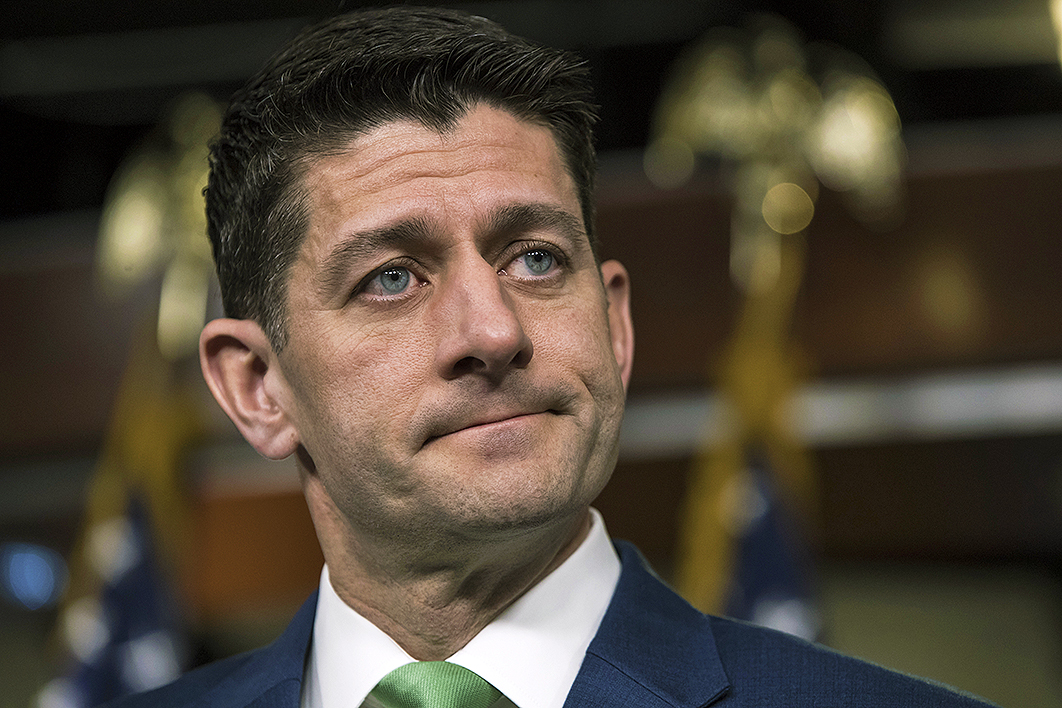Last week’s special election in Pennsylvania, won by Democrat Conor Lamb with a twenty-point swing, is not the first indication that Republicans are in deep trouble as the midterm elections loom. His triumph in a solidly Republican-red seat came on the heels of Democrat victories in the Alabama Senate and the Virginia gubernatorial races, and underlines the fact that Donald Trump is increasingly a major liability for his party.
Do these results signal the “blue wave” that Democrats are hoping for in November? A swing of only half what we saw in Pennsylvania would sweep Democrats into power in the House of Representatives and give them a chance of taking the Senate.
Once again, this was an election that highlighted the importance of an effective candidate and a sophisticated campaign. The Republicans spent US$10 million on a Trump-backed strategy that relied on recent tax cuts, the newly announced steel tariffs and the state of the economy. But the party’s candidate, Rick Saccone, was perceived as weak, ineffectual and too tied to Trump, and was out-campaigned by a younger, more charismatic Democrat whose views were better aligned with those of a conservative electorate with an increasingly unfavourable view of the president.
Trump’s interventions were of little help. At a rally just three days before the election, Trump’s seventy-five-minute speech was rambling, aggressive and mostly self-referential; he barely mentioned the candidate he was there to promote. He might have energised the Trump base, but he did nothing to bring out swing voters.
As campaigning for the midterm elections heats up, Republican candidates must decide whether Trump delivers the messages their constituents want to hear or if he is a burden they need to somehow counter. His approval rating is now in the death zone for a president at this point in the electoral cycle. With his erratic side further unleashed, the Mueller investigation drawing closer, women speaking out about his predatory behaviour, tariffs costing jobs, changes limiting access to healthcare, and civil discourse deteriorating, the situation is unlikely to improve. The chaos has unsettled voters and allowed the Democrats to present themselves as the safer alternative.
Yet the Republicans seem to have no substitute strategy for the one that failed in Pennsylvania. House Speaker Paul Ryan offered only the unconvincing excuse that this was a fluke, special-election win by an idiosyncratic Democrat who ran on policies that were essentially Trump’s. And it won’t be surprising if Republican law-makers — their pessimism growing amid a push for them to get back to their home states and start campaigning — will lack the will to tackle the difficult legislative tasks awaiting them, including gun control, immigration, budget problems and infrastructure. These failures will further erode their support at the ballot box.
For the Democrats, Lamb has provided a template for the midterms and shown that antipathy to Trump isn’t confined to more progressive areas of the country. Central to any successes will be robust primaries designed to select candidates who fit their districts, as Lamb did. This will surely mean a resurgence of the Blue Dog Democrats, whose fiscally conservative and socially moderate approach will appeal to swing voters.
The latest developments also have potential consequences for the Democrats’ House leadership, and particularly for minority leader Nancy Pelosi. Republicans believe that linking individual Democrats to her leadership (she is seen as the ultimate Washington insider) is one of their best weapons. Faced with this tactic, Lamb pushed back, pledging not to support Pelosi’s continuing leadership. While others in the Democrat caucus see her as a vital fund-raising powerhouse, the entire leadership team is ageing and in need of renewal.
The Cook Political Report now lists forty-seven Republican-held House districts in jeopardy in November, and just eight Democrat districts. The Democrats need to take just twenty-three of those GOP seats to control the House. With significant sectors of the electorate (teenagers for gun control, African-American women, those likely to vote Democrat) galvanised against Trump and the do-nothing Congress, it looks like Americans are in for a long, bitter referendum on Trump and his presidency.
Lamb, meanwhile, will serve as a member of Congress only until the midterms. His eighteenth district will disappear in a controversial and contested reworking of Pennsylvania’s electoral boundaries designed to reverse a Republican gerrymander. There is no word yet as to whether he will run in another seat. •




